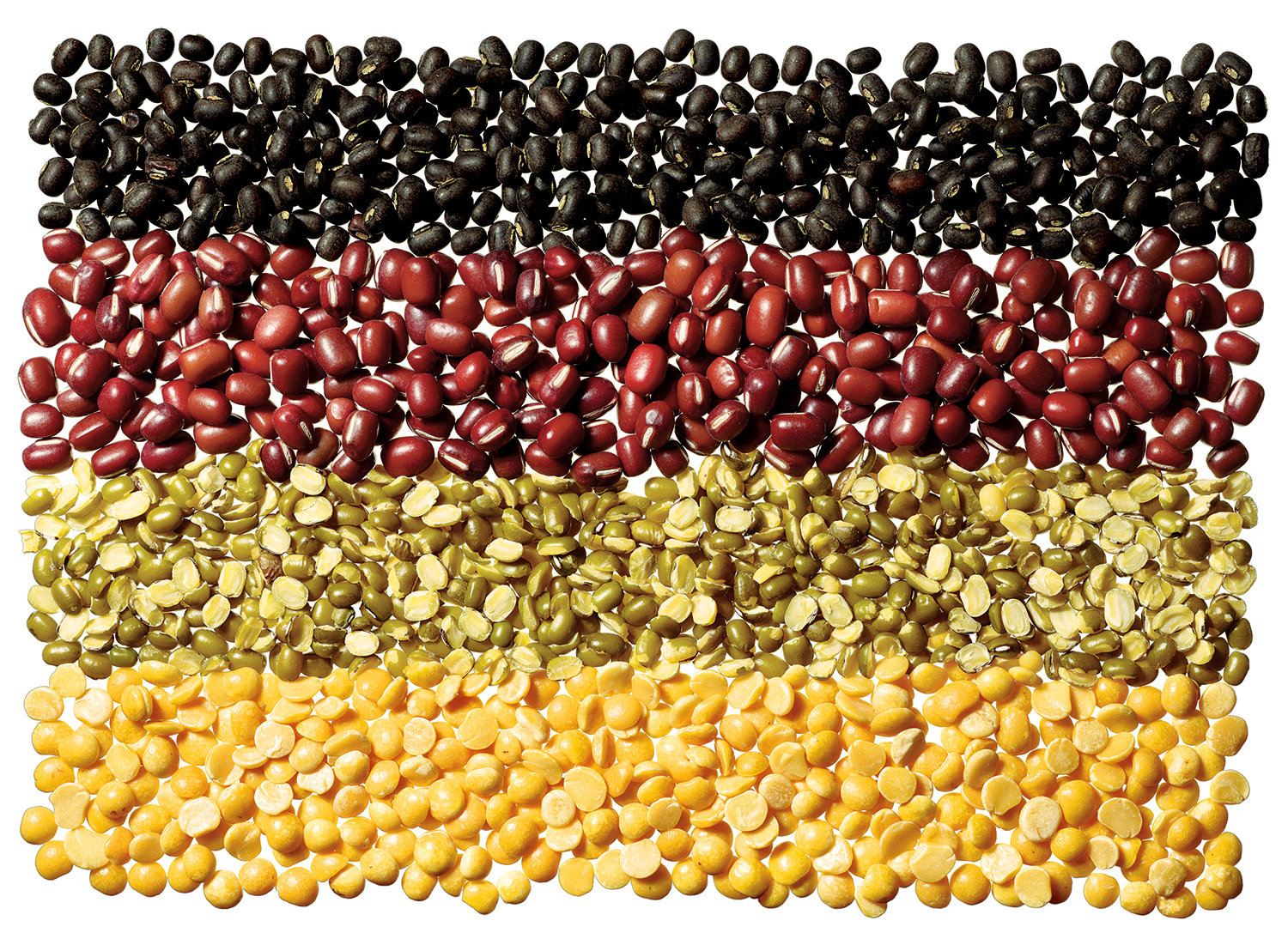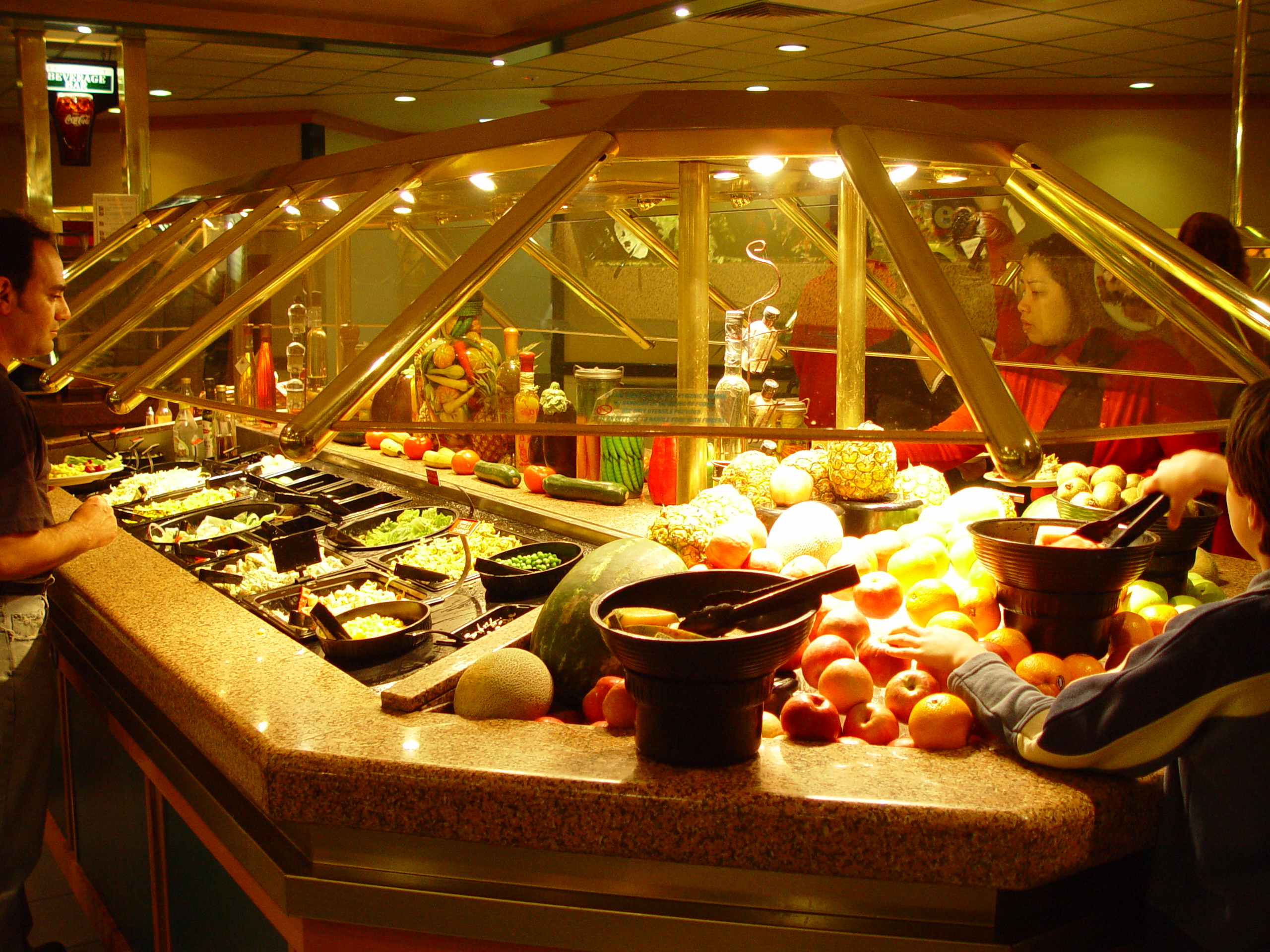Beans have a high nutritional value. They not only contain high levels of protein but also make a rich source of fiber, iron and other healthy nutrients. They also contain eight kinds of amino acids which are essential for your body. Low in fat, cholesterol and sodium, beans make a treat for weight watchers. The high protein content makes beans an inexpensive and tasty substitute for lean meat. However, like any other food item, beans also have several drawbacks, gastrointestinal problems being at the top of the list. Some of the disadvantages of beans have been listed below, just go through them and revise your daily or weekly bean consumption plan.
Gastrointestinal Problems
Beans are most commonly associated with gastrointestinal problems. Recipes made from beans contain large amounts of protein. Eating too much of it can lead to protein indigestion, which ultimately causes abdominal distension, cramping, diarrhea and other gastrointestinal discomforts. To reduce the unpleasant symptoms caused by beans, change the water several times while you have soaked the beans. You should also increase your liquid consumption and get regular physical activity to help your stomach process the fiber present in beans. You can also take an over-the-counter digestive enzyme supplement to help relieve the troubling symptoms and aid the digestion process.
Iron Absorption
Beans are also rich in iron content, but they provide non-heme iron, which is not as easy to absorb as the iron provided by meat sources. To improve your body’s capability to absorb non-heme iron, eat beans with meat or seafood. Eating beans with foods rich in vitamin C, such as bell peppers, also improves iron absorption in the body.
Incomplete Protein
Another disadvantage of beans is that they are not a complete source of protein, which means they lack a few amino acids which are important for your body. To make sure that your body gets all the essential amino acids, add other protein-rich grains and legumes to your diet chart as well.
Weaken the kidney
After metabolism, most of the plant proteins become nitrogenous waste and are excreted out of the body through kidneys. In old people, the ability to excrete waste through kidneys has already declined and if they do not pay attention to their diet and continue eating protein-rich foods like beans, they will further weaken the functioning of their kidneys.
Preparation Time
Beans are usually soaked before cooking but people often decide to use a Crockpot to cook them quickly without having to soak them for hours. You should never skip the soaking process, since it helps dissolve unhealthy nutrients that cause intestinal discomforts.





No Comment